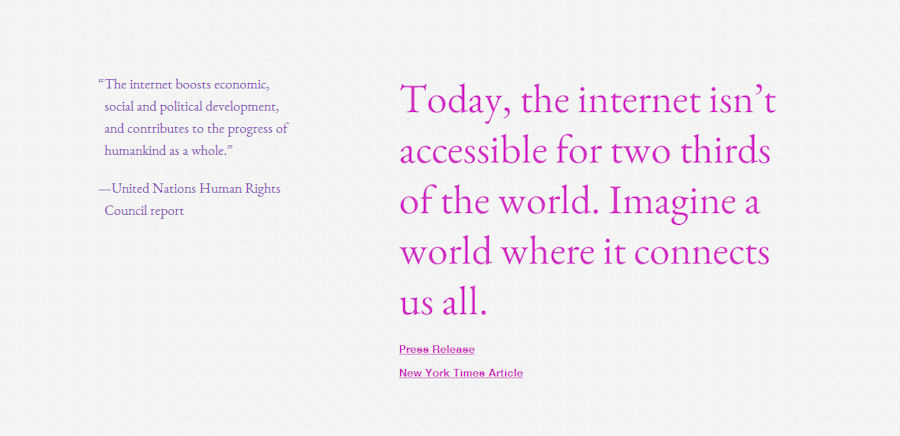Whether internet.org is able to be more than a set of universally agreed aims and mutually supporting self-interest inspired initiatives remains to be seen, but with a number of heavy weight backers it has the potential to be the seeding group for the necessary cross company partnerships and initiatives.
In the first instance feature phones seems the most obvious place to start connecting the unconnected, but smartphones, given their ever rising share of the overal mobile phone market, should not be ignored, especially given thier potential to provide richer experiences. Furthermore, the same underlying challenges (cost, distribution, business models) face both categories of devices.
Nokia's interest in and initiatives around internet.org will likely initially focus on its Asha and Series 40 range of products, but it is interesting to note, in the context Windows Phone, that the first set of internet.org goals are already being pursued in Nokia's smartphone products. Both Microsoft and Nokia has put a great deal of effort into cutting the cost of Windows Phone devices (e.g. Lumia 520 being offered for less than $100) and Nokia's app and service strategy continues to have a strong "glocal" emphasis (encourage the building of local services, with sustainable business models, and help to distribute globally where applicable). However, much more will be required, with the challenge of maintaining momentum at the top, while simultaneously trying to grow the marketing at the bottom, being something that will be very difficult to pull off.

From the press release:
In order to achieve its goal of connecting the two-thirds of the world who are not yet online, internet.org will focus on three key challenges in developing countries:
Making access affordable: Partners will collaborate to develop and adopt technologies that make mobile connectivity more affordable and decrease the cost of delivering data to people worldwide. Potential projects include collaborations to develop lower-cost, higher-quality smartphones and partnerships to more broadly deploy internet access in under served communities. Mobile operators will play a central role in this effort by driving initiatives that benefit the entire ecosystem.
Using data more efficiently: Partners will invest in tools that dramatically reduce the amount of data required to use most apps and internet experiences. Potential projects include developing data compression tools, enhancing network capabilities to more efficiently handle data, building systems to cache data efficiently and creating frameworks for apps to reduce data usage.
Helping businesses drive access: Partners will support development of sustainable new business models and services that make it easier for people to access the internet. This includes testing new models that align incentives for mobile operators, device manufacturers, developers and other businesses to provide more affordable access than has previously been possible. Other efforts will focus on localizing services – working with operating system providers and other partners to enable more languages on mobile devices.
